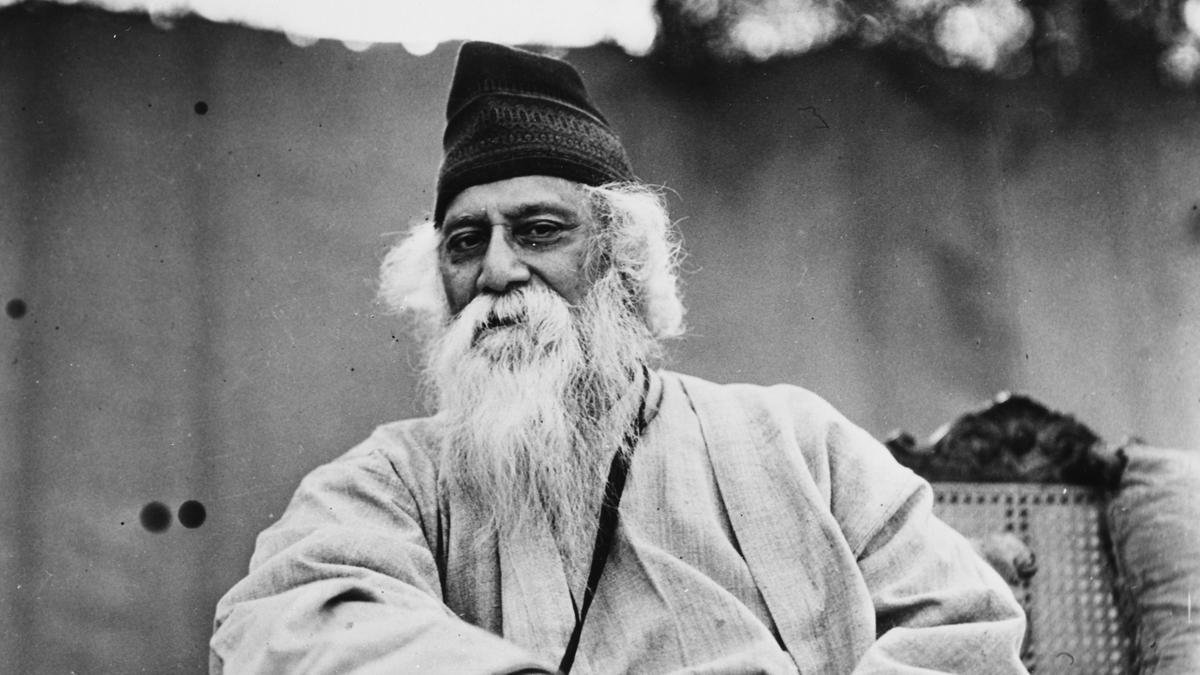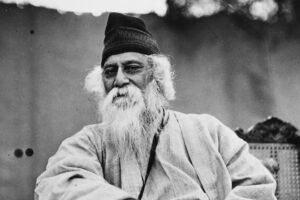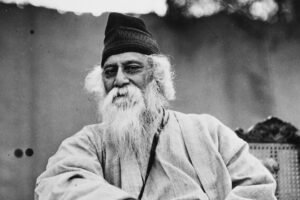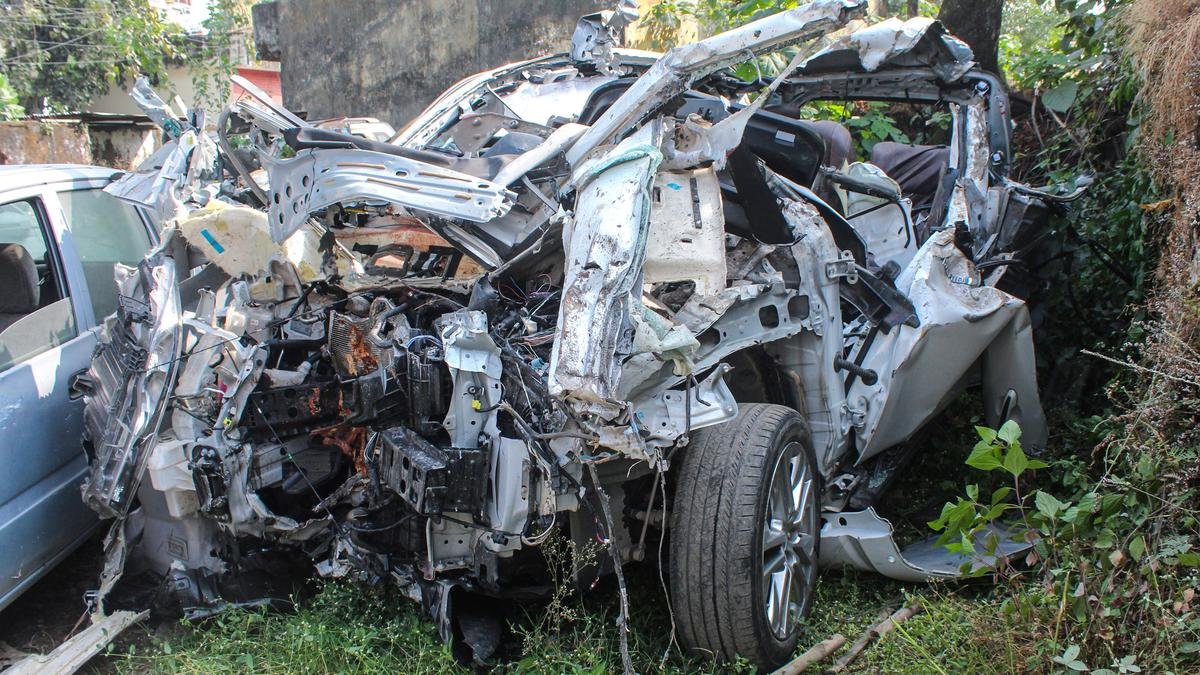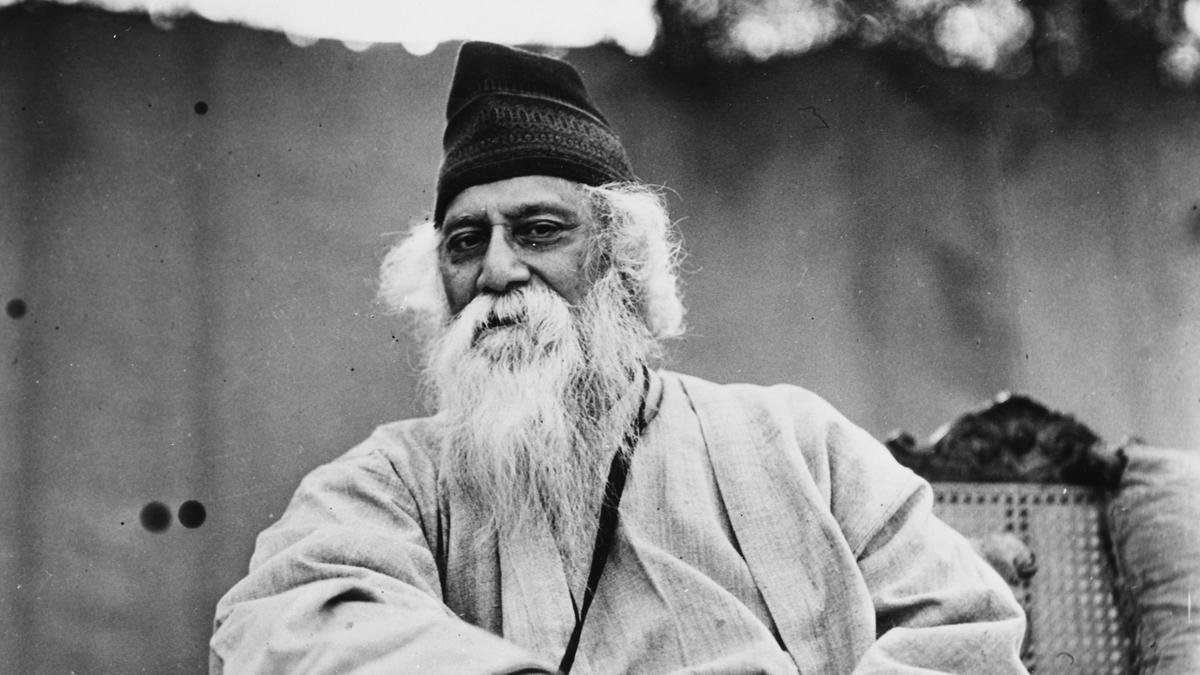Rise Of Marriage Apps In Pak, Claiming To Be ‘Halal’, With Chaperone Options
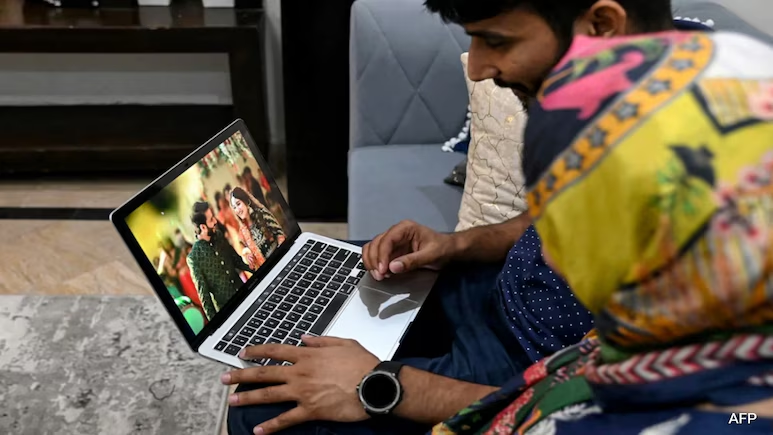
Rawalpindi:
In shaping daughters into prospective brides, Pakistan’s traditional matchmakers hold a respected position. However, marriage applications promoting themselves as permissible are presenting women with a fresh path to discover a spouse.
Ezza Nawaz, a textile designer from Lahore, shared her experience of witnessing her colleague’s happiness upon marrying someone she met online. This inspired her to consider exploring online avenues for finding a partner, after years of unsuccessful attempts with traditional matchmakers.
In a society where dating is deemed dishonorable, matchmakers known as “rishta aunties” meticulously groom women before introducing them to prospective suitors’ families.
Recently, there has been a rise in the development of marriage apps tailored for Muslims in Pakistan, offering the possibility of finding “love matches”.
Families concerned about their child interacting with unfamiliar individuals may find reassurance in services that include a “chaperone” feature. This feature offers a weekly summary of exchanged messages, allowing selected relatives to stay informed about their loved one’s online interactions.
Ezza achieved success when she tied the knot with Waseem Akhtar on Muzz, merely three months after they first met.
She mentioned that they had gone out a few times before introducing their families into the picture, emphasizing the deliberate pace they took.
According to a survey conducted by Gallup and Gilani Pakistan, over 80% of Pakistanis opt for arranged marriages, a tradition where families play a pivotal role in determining the union, occasionally finalizing engagements without the prospective bride and groom meeting each other.
Families seek the assistance of experienced matchmakers to identify a compatible match, where initial judgments frequently revolve around the appearance of the young woman while she serves tea to her prospective relatives.
The application reports that 1.2 million Pakistanis have registered since its inception last year through a promotional campaign in prominent urban areas, resulting in 15,000 successful marriages.
Apps for matrimony position themselves as “halal,” permissible in Islam, providing features like blurring profile images for privacy and emphasizing their goal of facilitating marriage proposals.
However, they persist in combating the stigma associated with casual dating applications like Tinder, a platform that has been prohibited in Pakistan for its perceived immorality.
Waseem mentioned that he refrains from sharing the story of how he and his wife met until he is confident that the listener won’t pass judgment on them.
The modern era is rooted in historical customs.
In Pakistan, marriage is seen as the union of two families, especially in communities where multiple generations reside under one roof.
Opting to select your own spouse might be perceived as a defiance against the long-established respect for elders and a disruption to the conventional family framework.
Relying on rishta aunties to connect them with suitable suitors from reputable families is a common practice among young women, who often face societal pressure to marry before turning 25. This tradition, while intended to facilitate relationships, can occasionally be viewed as belittling by some.
Rida Fatima expressed frustration at being instructed not to disclose her hobbies of cooking and cleaning to the gentleman’s family, despite her preference for hiking and photography.
They dared to discuss my appearance, actions, income, family background, siblings, and aspirations. Thus, every detail is subject to scrutiny.
Fatima’s parents engaged a matchmaker to arrange potential matches for her, but she was surprised to learn that she would need to shell out approximately $700 for an initial meeting with one of the suitors.
She mentioned that the rate varies based on whether the individual holds a foreign passport.
She eventually abandoned the traditional route and joined the 18% of Pakistanis who opt for a “love marriage” after serendipitously meeting her husband.
Muskan Ali, the managing director at a matrimonial consultancy in Karachi, noted that regardless of a man’s physical appearance, be it baldness or a large belly, he desires a spouse resembling a model.
Time-wasting
The matchmakers are not feeling intimidated at the moment.
Among the hustle and bustle of their workspaces, parents and their children engage in creating profiles on computers, while matchmakers work diligently to modernize their services by establishing polished websites and WhatsApp groups for interacting with clients.
How consultants educate young women on walking, speaking, and dressing in a manner that aligns well with their future in-laws’ expectations.
Fauzia Aazam, a prominent figure in the world of traditional matchmaking in Rawalpindi, is among those who completely dismiss marriage applications.
She mentioned how individuals squander their time using these applications.
I’m not a fan of chatting all night long.
Among the attendees at an annual gathering in Rawalpindi was Fauzia Aazam (C), who leads a group of matchmakers specializing in arranging marriages within the community.Photo Credit: AFP
Aisha Sarwari, a feminist writer, views the process of matchmaking as a means of asserting “authority” over daughters-in-law.
The speaker emphasized the importance of establishing a fair balance, where mutual respect is upheld without belittling individuals based on their appearance or race, as quoted by AFP.
After adopting a different name to maintain privacy, Aneela, a digital media artist, made efforts to steer clear of matchmaking attempts and opted for a marriage application, only to encounter a fresh wave of worries.
She expressed the difficulty of using an app while scrolling through her profile in a cafe in Islamabad, citing dishonesty among men.
Later on, she confessed to utilizing a false name and images on her profile to prevent men from recognizing her.
Arranged marriage seems to be the sole remaining choice at this point.


